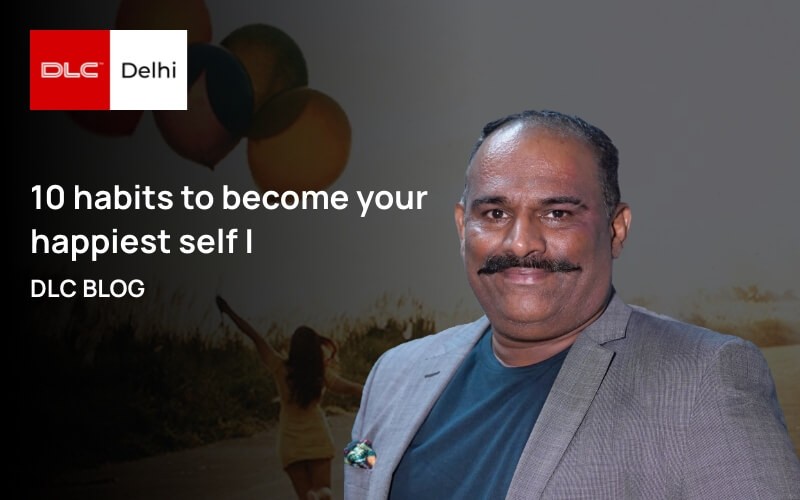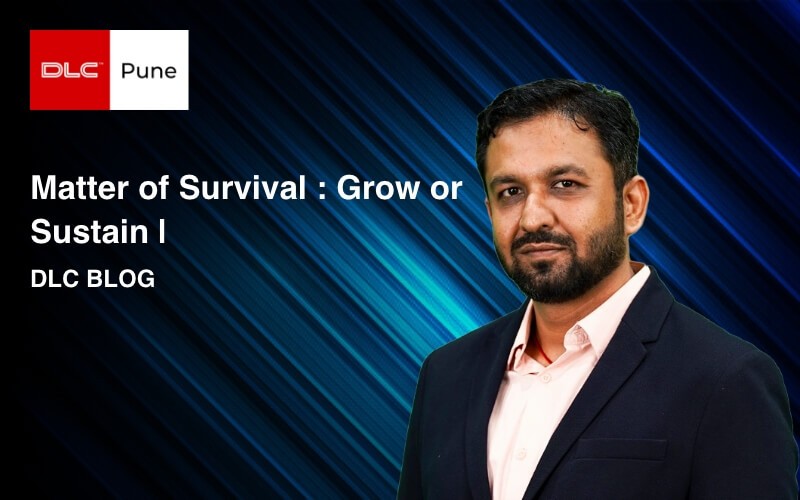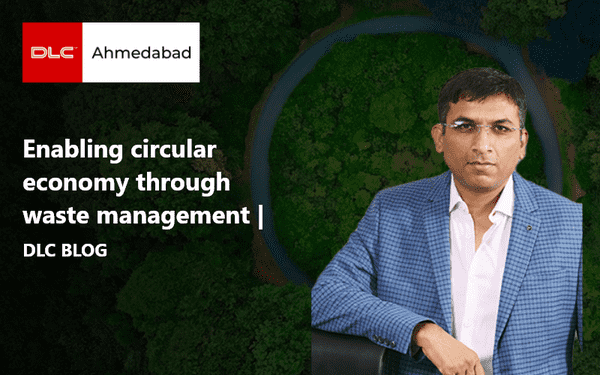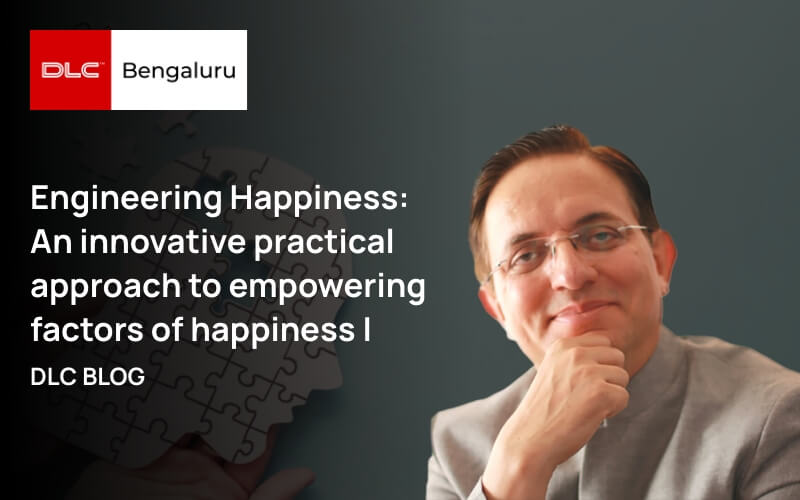

Secret of Being Happier: The 10 things which you can plug in your everyday calendar.
Henna Sharma
February 24, 2022
I always thought a good job will give me happiness. Then followed by traveling abroad, having a family, and so on and so forth. It did have a fulfilling feeling but the fact was that it lasted only for a short while and there was again a thirst for more. The ups and downs of life were either too exciting or draining and I began my quest to find the answers to contentment that was long-lasting.
I researched, read, and reflected as much as I could on joy and bliss and the realization that came was “Happiness is a habit, it’s the choices we make on a daily basis so that we are pleased to be who we are.”
So happy people don’t HAVE the best of everything, they MAKE the best of everything. Being happy can have a major impact on the way we live our lives. It’s not just a good feeling but has several positive byproducts e.g. better work performance, greater productivity, a stronger immune system, positive relationships, better self-control, and innate ability to cope with the ups and downs of life.
Happiness can mean different things to different people but the habits that I am sharing have worked with CXOs, Entrepreneurs as well as Students.
Dr. Sonja Lyubomirsky, Professor at University of California, Riverside, and author of the bestseller, "The how of Happiness” reveals that circumstances of our life (such as education, wealth, marital status ) affect 10% of our happiness level. Our genetic footprint is 50% and the remaining 40% is determined by our conscious activity such as habits, values, and actions.
Happiness is not something readymade, it comes from your own actions - HH Dalai Lama
Over the last 7 years of my work in the field of happiness and working closely with thousands of people across countries, cultures, gender orientation and generations in workshops and coaching sessions, I distilled 10 habits you can plug into your daily life and increase your happiness quotient:
-
- Develop a growth Mindset: Happiness doesn’t come from achieving a goal; it comes from the act of progressing towards that goal. Growth mindset, a term coined by Carol Dweck, author of Mindset - The Psychology of success says that such people have the ability to realistically assess where they stand, accept their shortcomings and change their behavior for the better. If you think you have a fixed mindset; ask yourself: How can I change it? Another way of working on your mindset is to reflect on areas where things didn’t go well. What did you learn from that experience? The point is to reflect on the learning and take suitable actions.
- Self-love: A state of appreciation and unconditional acceptance for oneself that grows from our actions, high regard for our own needs and not sacrificing our well-being to please others is self-love. We live in an imperfect world with disruptions all around us. Social media adds to the collective sense of self-doubt continuously questioning our self-worth. We may have been told that we are not good enough. With self-compassion we manage to balance the shortcomings with love and optimism so to live a happy life, empower yourself by transforming limiting beliefs to powerful affirmations. “I love myself and I deserve a happy life.”
- Exercise: Movement contributes to greater happiness. There has been a lot of research and data that proves that as little as 7 minutes of exercise can uplift our mood. When we exercise it increases our happy hormones - endorphins, dopamine, and adrenaline. It helps build confidence and that leads to a happier and more empowered life. For people whose minds are not their best friends and deal with worrying, something as simple as an outdoor walk or bike ride can have an immediate meditation-like effect, says health psychologist Dr. Kelly McGonigal.
- Good Mood Food: If your plate is full of colorful fruits and veggies, you already are in a better mood zone. Antioxidants are health - and disease-protective bioactive chemical compounds produced by plants. A large Swiss survey reported significant associations between higher fruit and vegetable consumption and reduced distress levels. People who ate less than the five-servings-a-day recommendation had a higher likelihood of reporting stress and anxiety than those who didn’t. So watch out for your happiness could be on your plate. Always consult your nutritionist if you have specific concerns.
Henna Sharma
Founder & Chief Happiness Officer
Hope & Happiness
Happiness Committee
Bengaluru Chapter
Henna, an ACC life Coach from International Coach Federation with her specialization in Happiness, has been featured in multiple publications, and has been a recipient of prestigious “Global Happiness Leader” and “Mentor of Excellence” awards. She is also a “Global Goodwill Ambassador” for her active involvement in various social and charitable causes. Her expertise lies in building deep connections and bringing out positive change.
Want to connect ?




































































